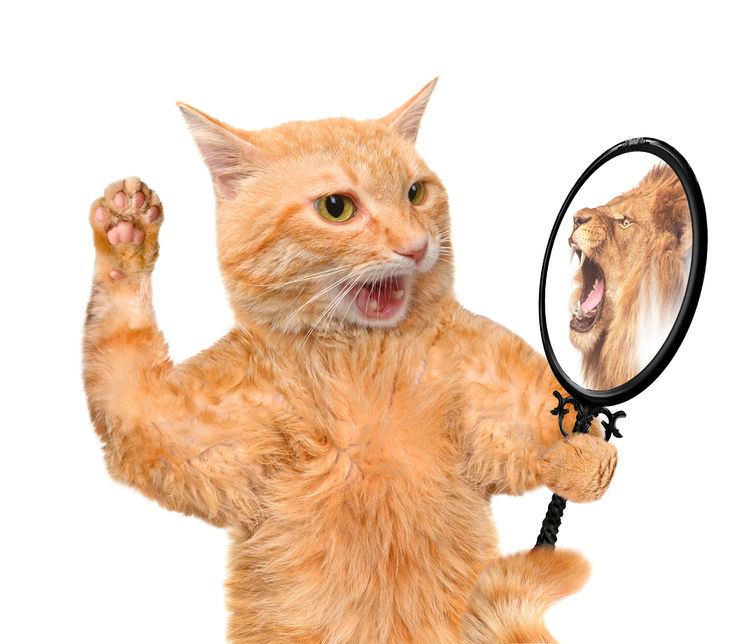Cats do not normally drool. A drooling cat is a sign that the companion human needs to
investigate why my cat is drooling. For a quick start, here are the top 3 reasons that your cat
might be drooling.
Did your cat eat a plant that is toxic?
Most plants are not toxic to cats. In fact, Avena sativa,
the common oat grass, is known as cat grass due to popularity among cat owners. A few plants
are very toxic to cats. Humans should work to limit these plants if they have cats. Several lilies
from the Lilium and Hemerocallis species commonly known as Tiger lilies, Daylilies, and Asiatic
lilies are toxic to cats. Even a few leaves can make your cat's kidneys to fail. Tulips, also in the lily
family, cause hypersalivation if eaten by cats. If you find your cat has eaten one of these plants,
call your veterinarian or Pet Poison Helpline (1-855-764-7661) immediately. For the cat that
keeps eating plants, grow cat grass (Avena sativa) to satisfy your feline's desire for a green
salad.
Was your cat exposed to the chemical permethrin?
Permethrin is a pyrethroid chemical commonly used to control insects. Permethrin is safe for most animals, except cats. Permethrin poisoning is one of the many ways cats get sick. As a cat owner you need to be careful when
buying dog flea treatments, dog shampoos, fly sprays and ant powder. All of these insecticides
may contain permethrin. Spend time reading labels – look for PERMETHRIN on the label. If you
think your cat has been exposed, visit a veterinarian immediately. For more information on
keeping a cat-safe home see catfriendly.com.
Did your cat eat one of your non-steroidal anti-inflammatory drug (NSAIDs) pills?
Did you ignore the pill that you dropped on the floor? Your cat found the pill, chewed, and swallowed
it. Ibuprofen, aspirin, acetaminophen, and naproxen are 4 of the most common NSAIDs humans
take to relieve pain. Did you know that these drugs are for humans, not pets. When your cat
'takes' one of these pills they can become very ill. Cats (and dogs) have pain pills that are
specially formulated for them. Pain relief in cats requires the assistance of your vet to determine
which feline NSAID is needed. A vet will give specific instructions to make ensure the correct
dose is given, and that you know the signs of NSAID toxicity in your cat.
Find out what you need to keep your cats and dogs healthy and safe so they have the longest
healthiest life possible. Visit Pet4CPR for information about treating pet emergencies today.
---- Julie Ellison, PhD
